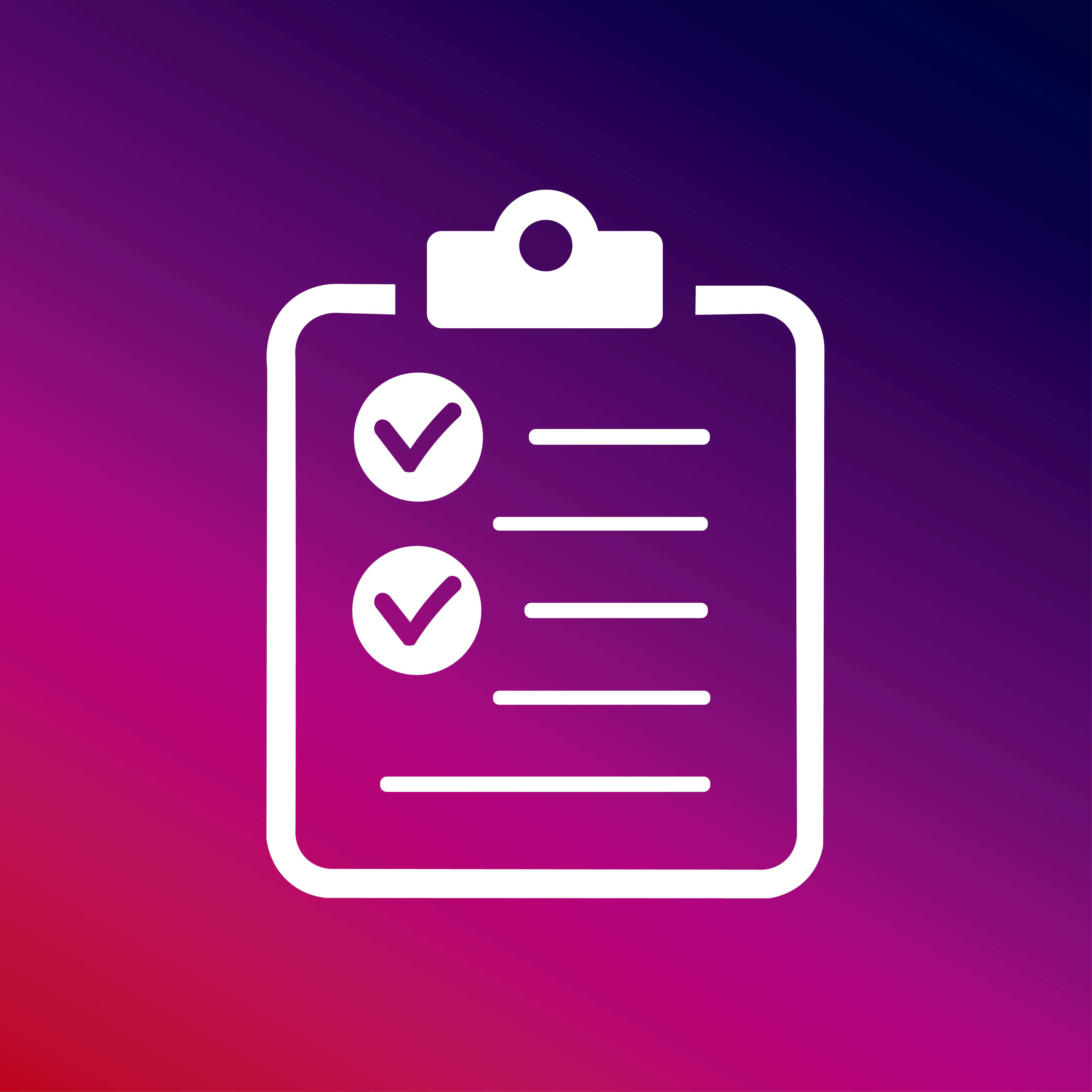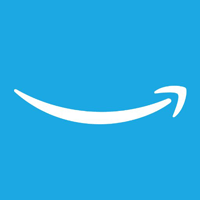VeriSign Beefs Up Trust Seal, Attack on Malware

The provider of the Internet's most recognized symbol of trust has just bulked up a brand that's already viewed 175 million times each day.
Last week, VeriSign, Inc. unveiled its VeriSign Trust Seal, an extension of the familiar checkmark circle of the VeriSign Secured® Seal, and this week the mark becomes available for online purchase to qualified Web sites looking to increase their traffic, security and customer loyalty. The new seal will be available through VeriSign's reseller partners later in the year.
VeriSign is the trusted provider of Internet infrastructure services and is known known for authenticating large ecommerce sites that are protected with their own Secure Sockets Layer (SSL) transaction encryptions by certifying them with the VeriSign Secured Seal. Until now, however, the certification was not available to sites that outsource their payment functions to third-party providers.
Now VeriSign is extending the brand to include those sites, and, in the process, hoping to promote a safer Internet by identifying sites that compromise consumer safety. Under the new VeriSign Trust Seal program, the smaller as well as large sites will be protected from malware, or malicious software, that can infect them with data-stealing programs.
VeriSign estimates that nearly half of ecommerce sites don't encrypt transaction data, such as customers' credit card numbers, using SSL.
"That means that nearly half of merchants have been unable to take advantage of our trust mark," says Tim Callan, VeriSign's vice president of product marketing. "We're excited to be able to change that."
 The new symbol, which displays VeriSign's checkmark logo with the words "VeriSign Trusted" within the seal, is first being offered to sites that use hosted shopping carts. The fee will be $299 per web domain per year, and VeriSign will scan those sites each day for malware as part of the program.
The new symbol, which displays VeriSign's checkmark logo with the words "VeriSign Trusted" within the seal, is first being offered to sites that use hosted shopping carts. The fee will be $299 per web domain per year, and VeriSign will scan those sites each day for malware as part of the program.
Later this year, VeriSign will offer the new seal and malware-scanning software to its traditional customers as a value-added service for no extra fee. If the software discovers malware on a client site, it will automatically remove the VeriSign Trust Seal from the infected site and alert the site operator of the problem. The site operator would then use the application's console to remove the malware.
In addition to malware scanning, Websites that earn the VeriSign Trust Seal can expect increased traffic by adding the most recognized trust mark on the Internet, while also avoiding search-engine blacklisting. Increased conversions can also result from the partnership program as customers are more likely to put their trust into sites that carry the seal of certification.
TheFind, an Internet shopping engine, recently released a joint study with VeriSign that showed that shoppers click through to online merchants 18.5 percent more often when the merchants display the VeriSign Secured Seal, compared to merchants on the shopping site who don't display the seal.
"Reputation is vital to the success of the growing number of small- to medium-sized businesses competing in the online marketplace, and trust is a key component for protecting brand reputation and increasing consumer confidence," said Ray Boggs, vice president of SMB research for IDC. "VeriSign's brand recognition will extend to the new VeriSign Trust Seal to help small- and medium-sized businesses communicate trust and safety to customers and prospects."
Darren Shafae, founder and vice president of Proofreading.com, said that his Internet-based document proofreading service saw a 36-percent increase in completed registrations after first posting the VeriSign seal to show that his site was encrypted.
"We're a small company that isn't widely known yet, and I think it's doubly important for a smaller firm like ours to take advantage of the name recognition that VeriSign brings. When you're up against better known competitors, every advantage helps, and the VeriSign name is a decisive advantage. I believe that sites that don't require SSL encryption can also benefit from a VeriSign seal of approval."








